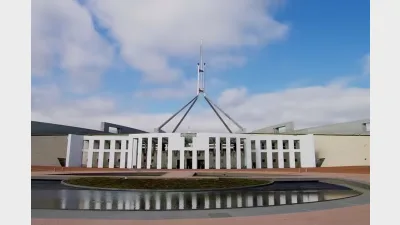Talking hooey on super



The Association of Superannuation Funds of Australia (ASFA) has hit back at claims by the Grattan Institute and others about the relevance of superannuation, asserting such claims are misleading.
In a statement issued in the wake of recent comments claiming the superannuation industry executives have been pursuing policy changes out of self-interest, ASFA has pointed to the need for accurate information and statistics about superannuation.
“There have been recent claims in the media related to superannuation and suggesting Australians have more non-super assets than they really do. Commentary around the need to raise the superannuation guarantee [SG] to 12 per cent has also been ill-informed,” it said.
“Any claim that superannuation only makes a modest contribution to Australians’ savings, when you look at average asset holdings across wealth and income distributions, commits a statistical sleight of hand,” the ASFA statement said. “Only a minority of individuals or households have an investment property, a business or shares. It makes no sense to average such assets over a group including many individuals who do not hold such an asset.”
It said that any claim that household effects such as furniture, whitegoods, and electronic devices were a form of saving for retirement and would generate an income in retirement were nonsense.
“Rather than being a source of income in retirement, household effects need to be repaired and replaced over time,” ASFA said.
It said another error that can and has been made when discussing superannuation was to look at data for households and attribute the asset holdings to a household head or to a couple heading up the household.
“The car, personal effects, and superannuation of an adult child still living with their parents are not available for the retirement needs of the parents,” the ASFA statement said. “The simple truth is that it does not make sense to average assets held by a relative few over everyone, or to treat contents of dwelling and motor cars as saving for retirement.”
“Australians need and deserve accurate information and statistics about super,” it said.
Recommended for you
Superannuation fees have continued their multi-year decline, as fund consolidation and index investing deliver scale efficiencies for members.
Super funds demand fast passage of payday super laws, while small business advocates warn of cash flow pressures and compliance risks.
The superannuation industry could move faster on personalisation, according to MLC, and the fund has identified three core areas where it will be focusing its personalisation efforts over the next 12 months.
The Actuaries Institute has released a framework to help super funds deliver affordable guidance and advice to millions approaching retirement.









